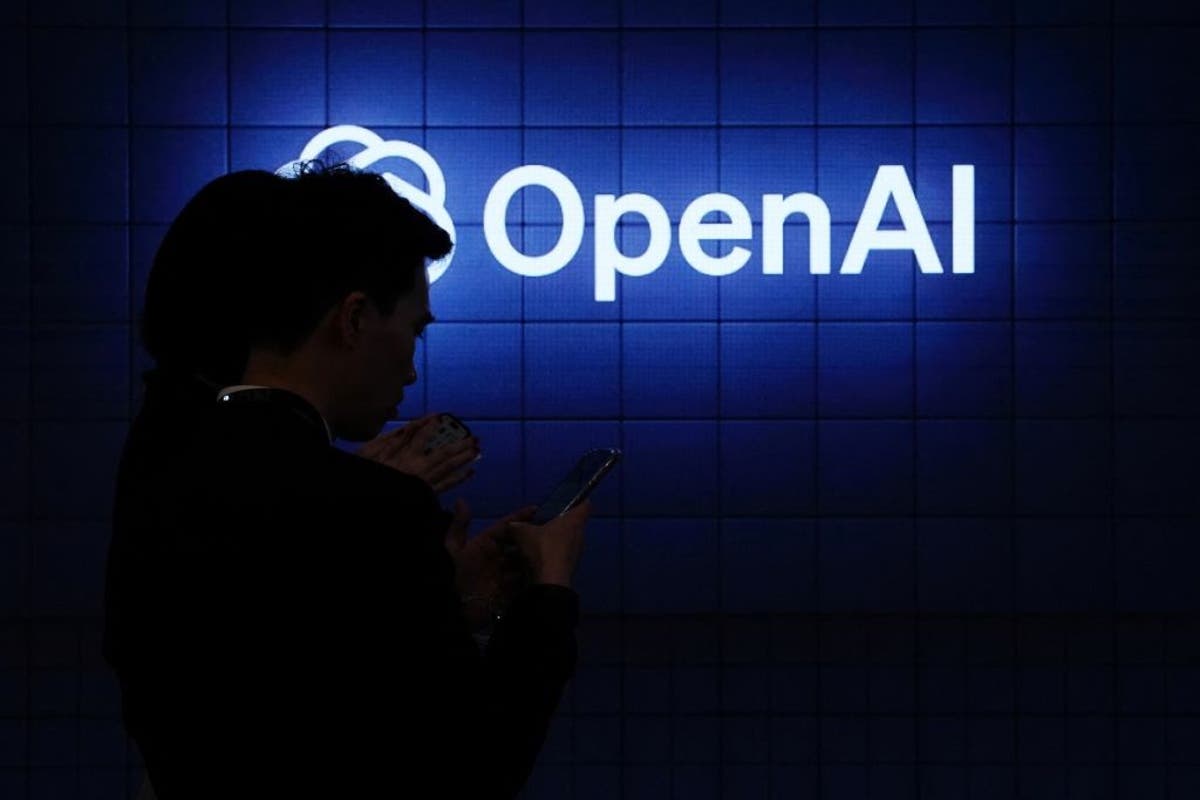A group of artists who had been testing OpenAI’s powerful video tool have made it available online.
OpenAI revealed Sora earlier this year, saying that it would allow people to create realistic and detailed videos, and shared a number of examples. But it said then that it was not ready to release to the public, in part because it did not believe that it was fully safe.
Since then, OpenAI has given access to the tool to some early experts so that they can test it with a view to improving it. That included some experts in misinformation and similar problems who are able to examine how it might be used to trick people, and also to creative professionals such as those working in video, with the hope of making it more useful to artists.
Now some of those artists appear to have leaked access to the tool, breaking through that close control. They said that they had been signed up to test the system as “creative partners” but that they had become frustrated with the process.
Through their use of Sora, they became convinced they had been “lured into ‘art washing’ to tell the world that Sora is a useful tool for artists”, they said in an announcement posted on the Hugging Face platform that was attributed to “PR Puppets” and addressed to “corporate AI overlords”.
“We are not against the use of AI technology as a tool for the arts,” the artists wrote. ”What we don’t agree with is how this artist programme has been rolled out and how the tool is shaping up ahead of a possible public release.”
Some hours later, OpenAI shut off access to the API that can be used to generate videos with Sora. It has also temporarily paused the early access programme that had made the system available to artists.
The artists only leaked access to Sora, rather than the model itself. That means that, even during the period it was available, the public was only able to generate videos with the system, not copy the technology within it.
Sora brought plaudits when it was first released, in part through marketing by OpenAI’s chief executive Sam Altman, who shared a number of videos in response to prompts from followers. But since then it has shared only limited demo videos, and chief product officer Kevin Weil recently said that it had not yet been released more widely in part because of safety as well as the intense amount of computer power used to make its videos.
OpenAI has faced criticism in recent years over the secrecy of its research. As its name suggests, it was originally founded as a public research organisation, but has since moved to a for-profit model that has brought public conflict, including with one of its co-founders Elon Musk.




